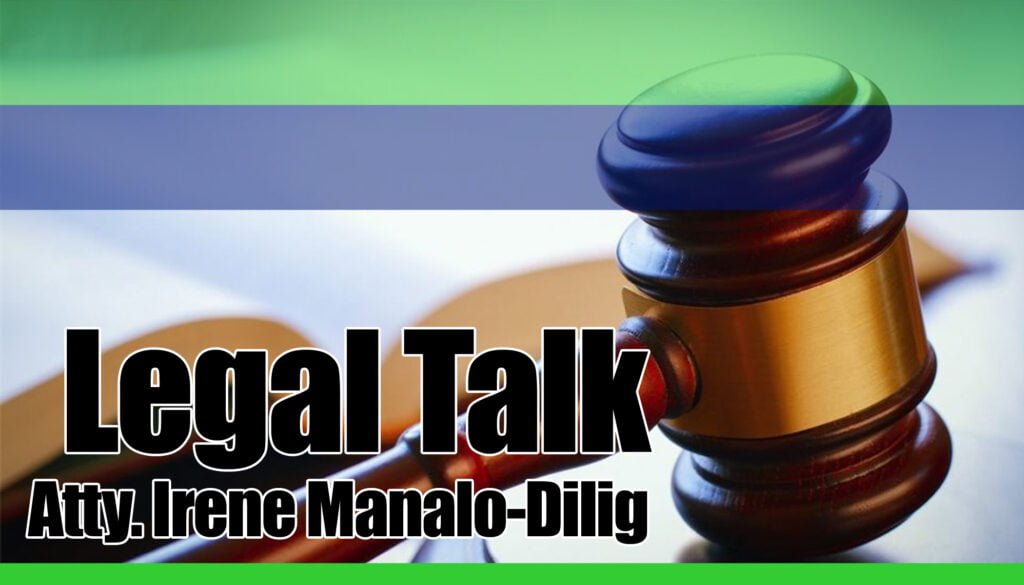
The terms defamation, libel and slander are often misused or used interchangeably.
Defamation is the general term for both libel and slander. Libel is a written defamation while slander is oral defamation.
Both libel and slander are public and malicious imputations of a crime, a vice, condition, status or circumstance tending to cause dishonor, discredit, or contempt of a person, or to blacken the memory of one who is dead.
And under our Revised Penal Code, “Every defamatory imputation is presumed to be malicious, even if it be true, if no good intention and justifiable motive for making it shown….”. There are only few exceptions, as when it is done in a private communication or when it is a factual reporting of official proceedings, which are not confidential in nature, or of acts performed by public officers in the exercise of their functions.
In the Philippines, gossiping is a national pastime. It is an art. It can range from funny, to amusing, to shocking, to downright cruel.
And when it reaches a point where one’s character and reputation is besmirched and damaged, legal remedies are available.
Libel and slander (or oral defamation or gossiping or chismis, however you want to call it), are criminal offenses, punishable under the Revised Penal Code, provided that the following elements are present:
- There is an imputation of a crime, vice, defect, act, omission, condition, status or circumstance;
- The imputation is made publicly;
- The imputation is malicious;
- It is directed against a natural or juridical person, or one who is dead
- The imputation tends to cause dishonor, discredit or contempt of a person or tends to blacken the memory of one who is dead.
Oral defamation, or slander, is now punishable by imprisonment ranging
from 1 day to 2 years and 4 months or a fine of up to P100,000.
Bear in mind that under the Revised Penal Code, every defamatory imputation is presumed to be malicious, even if it is true. What is relevant is how the message was construed by ordinary people who heard it. And unless one can prove his good intentions in uttering the imputations, he may face a criminal conviction.
On top of criminal liability, the chismosos and the chismosas may also be held civilly liable for damages.
Under Article 33 of our Civil Code, a civil action for damages, entirely separate from the criminal action, may brought by the injured party in cases of defamation.
Gossiping is not exclusive to Filipinos. It is a worldwide phenomenon. I mean, who can walk away from a juicy story involving someone you know?
But gossiping also ruins people’s lives. It causes trauma, depression and alienation from friends and family. Be considerate. Let us guard our mouths and watch over our lips.




